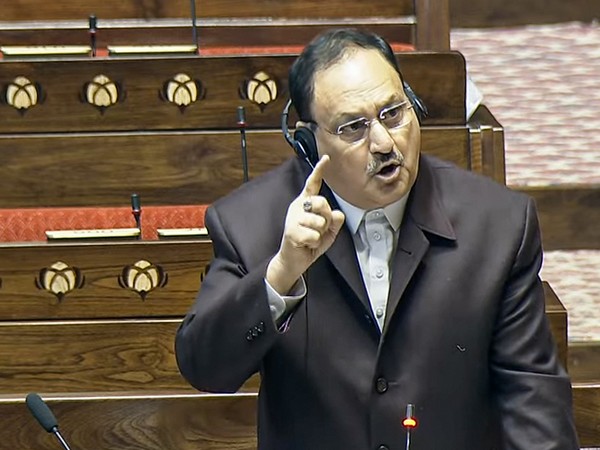Nadda on India’s Constitution: A Legacy of Culture and Democracy
Union Minister JP Nadda emphasized India's Constitution's deep roots in national culture and history during a Rajya Sabha debate. Highlighting the ethos of discussion inherent in India, he critiqued past policies, and urged the Indian National Congress to acknowledge past anti-democratic actions, notably the Emergency era imposition.

- Country:
- India
In a compelling address in the Rajya Sabha, Union Minister JP Nadda underscored the immense influence of Indian culture and history on the country's Constitution. He argued that the Constitution draws heavily from India's rich ethos of discussion and debate, as reflected in ancient scriptures.
Nadda said that India's ancient texts, such as the Rigveda and Atharvaveda, contain terms like 'Sabha,' 'Samiti,' and 'Sansad,' demonstrating that these concepts of debate and discussion are ingrained in the nation's ethos. This cultural backdrop, he argued, is what allowed India to emerge as not just the world's largest democracy, but the mother of democracy.
Criticizing past political actions, Nadda called upon the Indian National Congress to acknowledge its role in stifling democracy during the Emergency and encouraged participation in the upcoming Anti-Democracy Day. He highlighted the misuse of presidential orders, such as Article 35A, which was implemented without parliamentary debate, and underscored their detrimental impact on Jammu and Kashmir.
(With inputs from agencies.)
- READ MORE ON:
- JP Nadda
- India
- Constitution
- Rajya Sabha
- debate
- democracy
- Emergency
- Article 370
- Article 35A
- Nehru
ALSO READ
Political Manoeuvres in Ambernath: Congress Councillors' Suspension Sparks Debate
Trump's 10% Interest Rate Cap Sparks Debate
Debate Over Proposed Interest Rate Cap: Bankers Warn of Reduced Credit Access
Murder Trial of Luigi Mangione Set to Ignite Health Insurance Debate
Death Penalty Debate Looms in CEO Assassination Case










